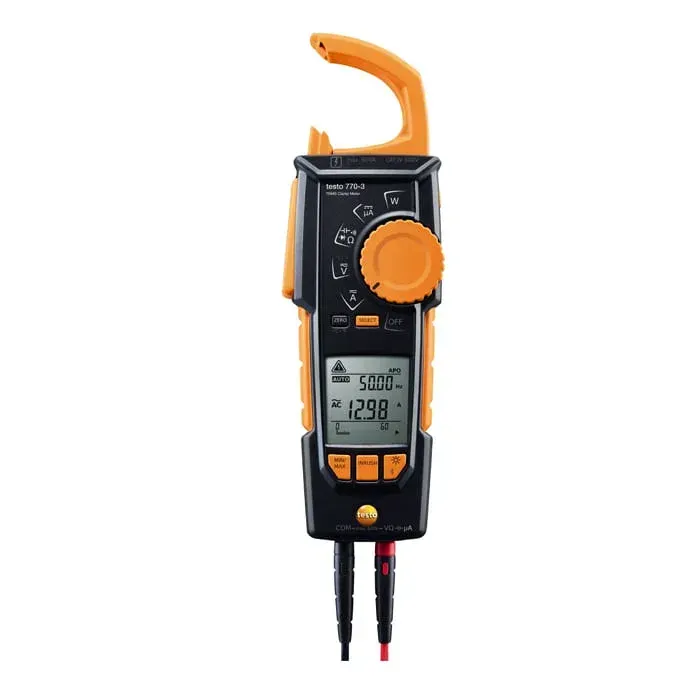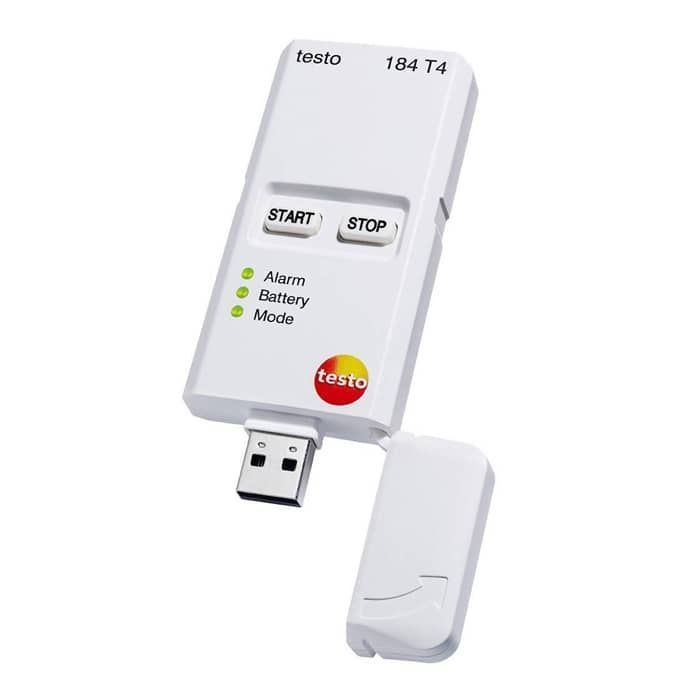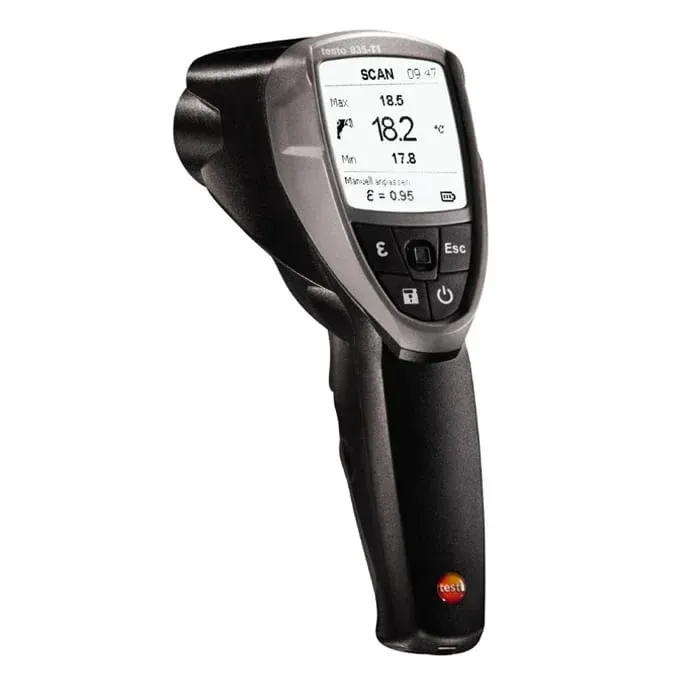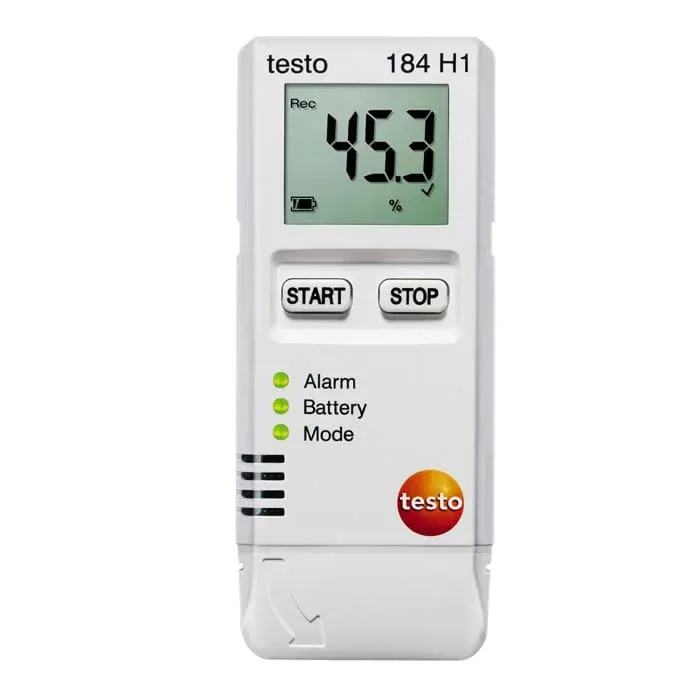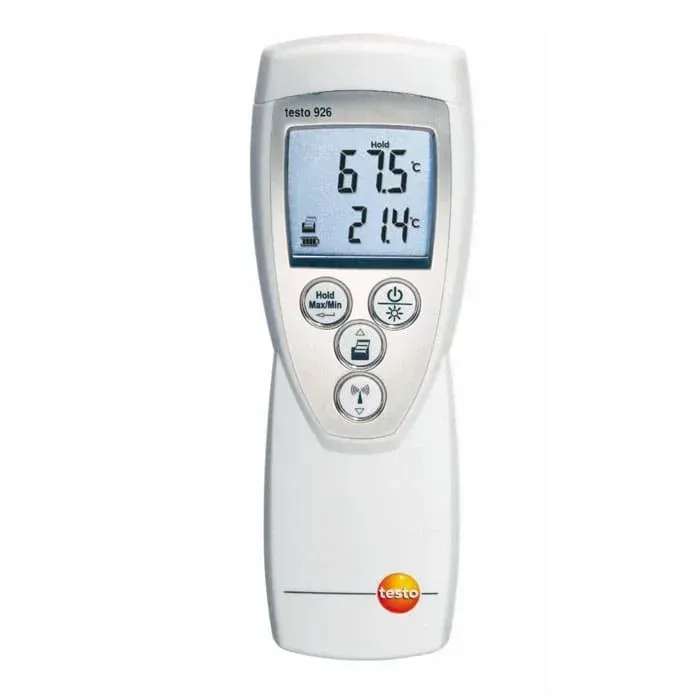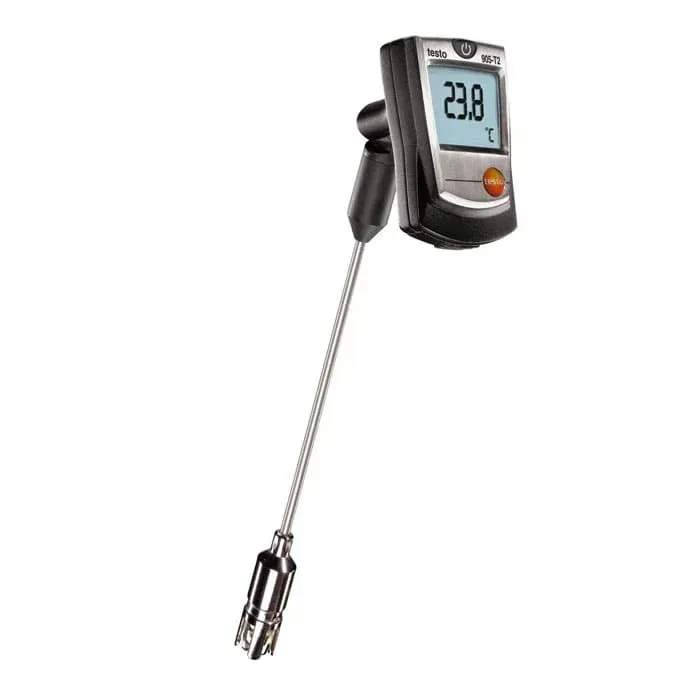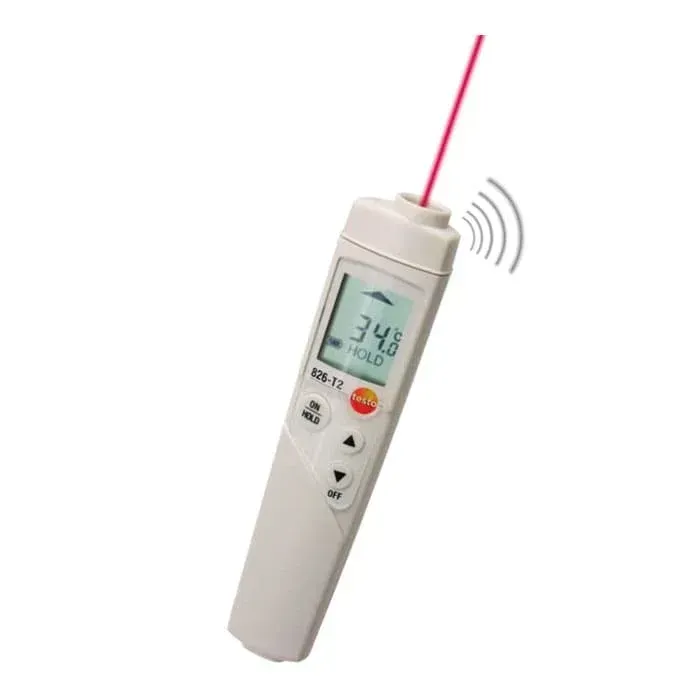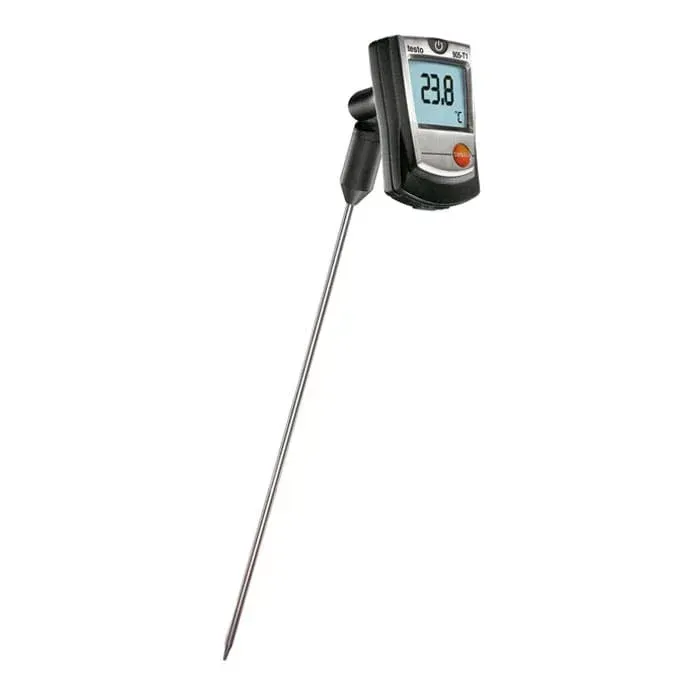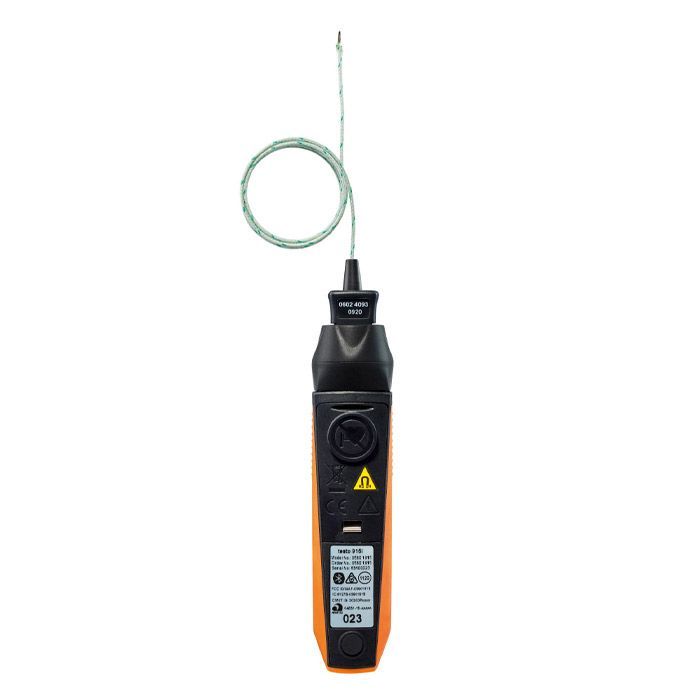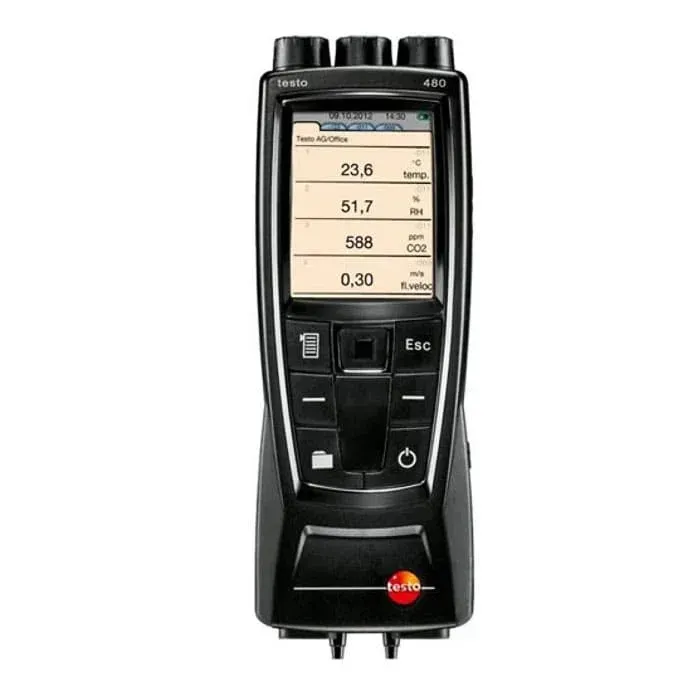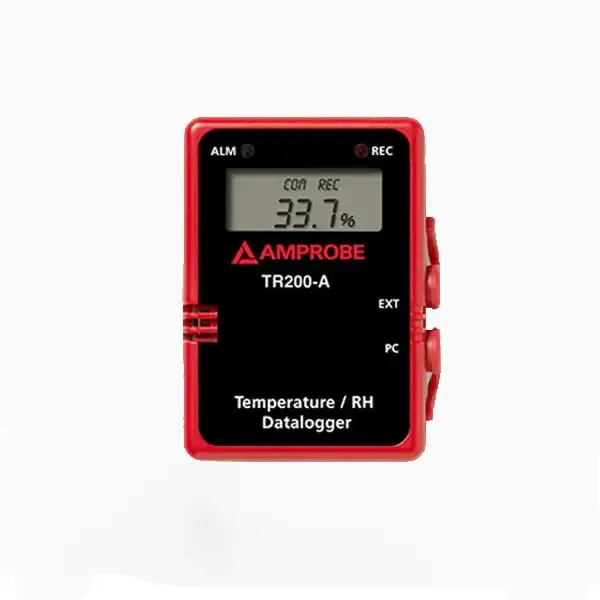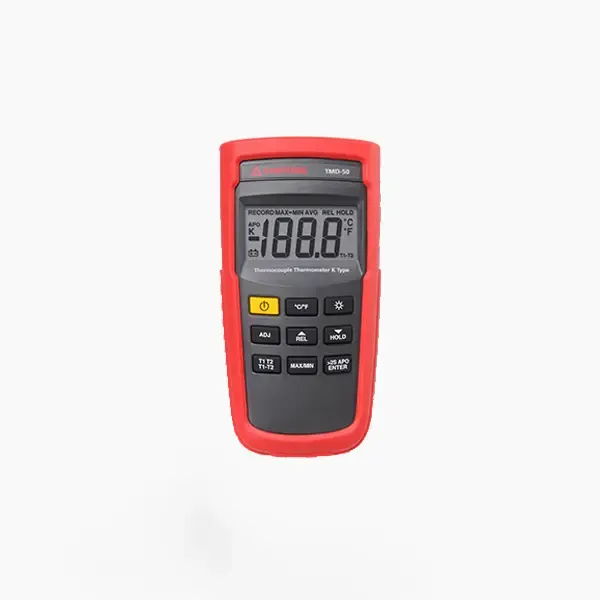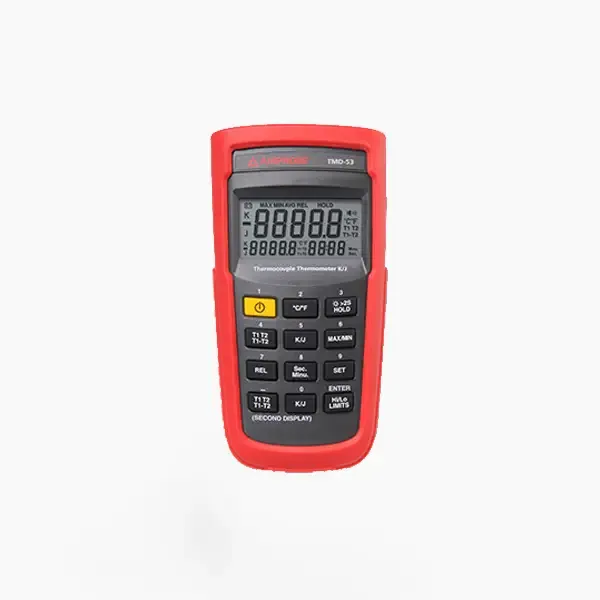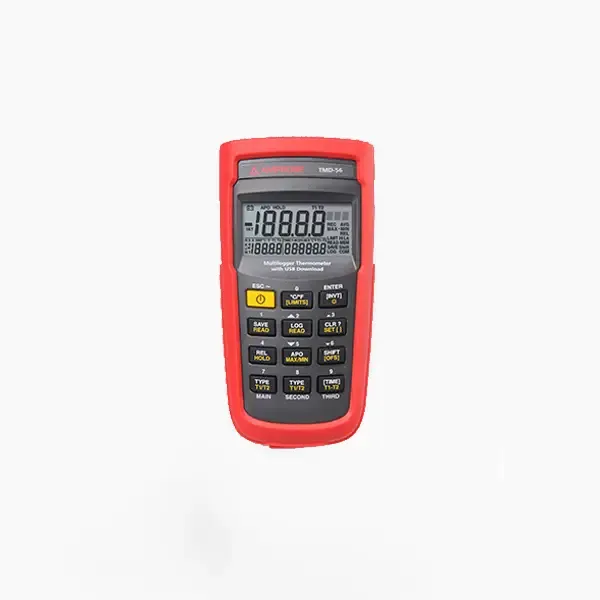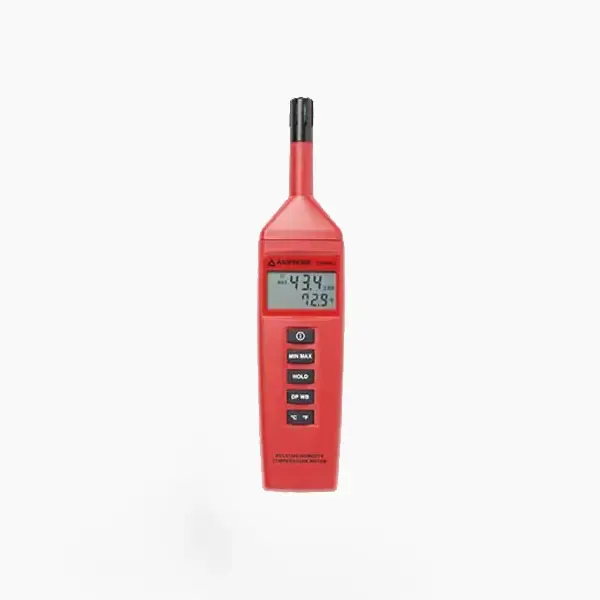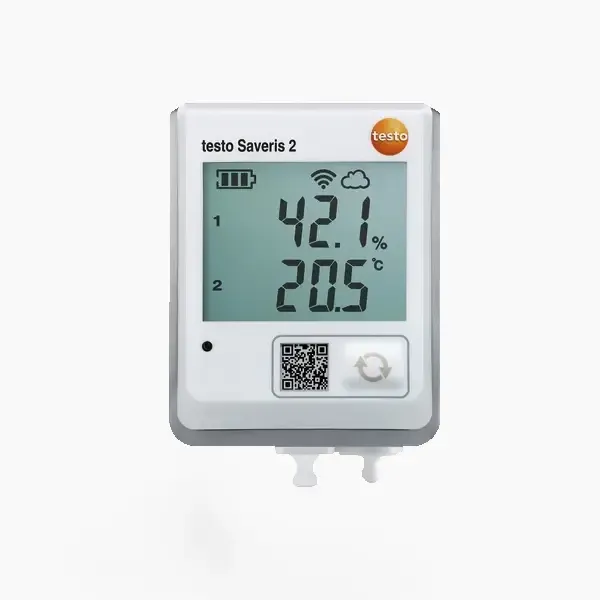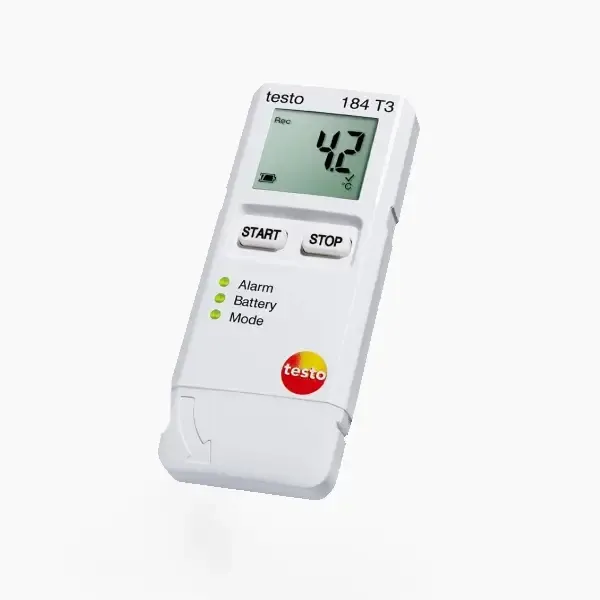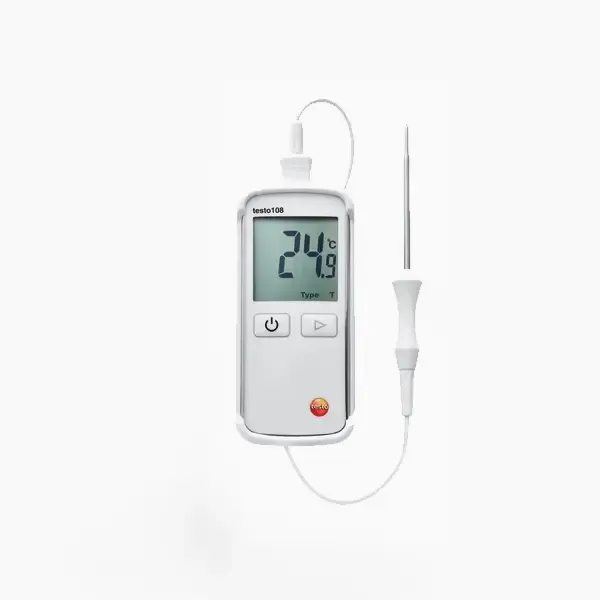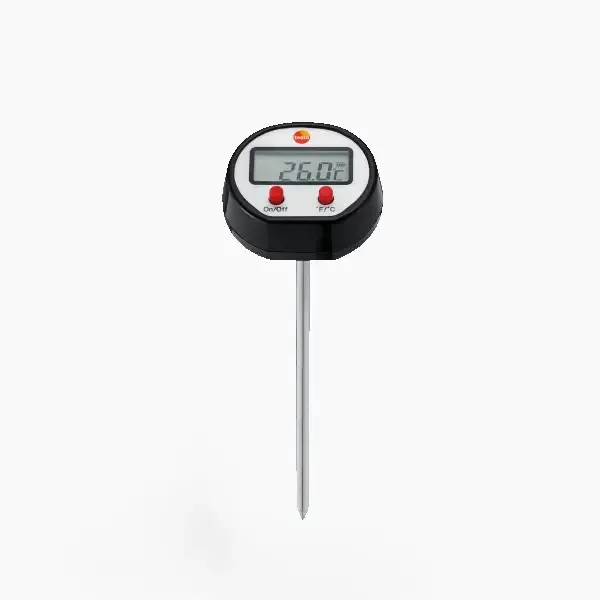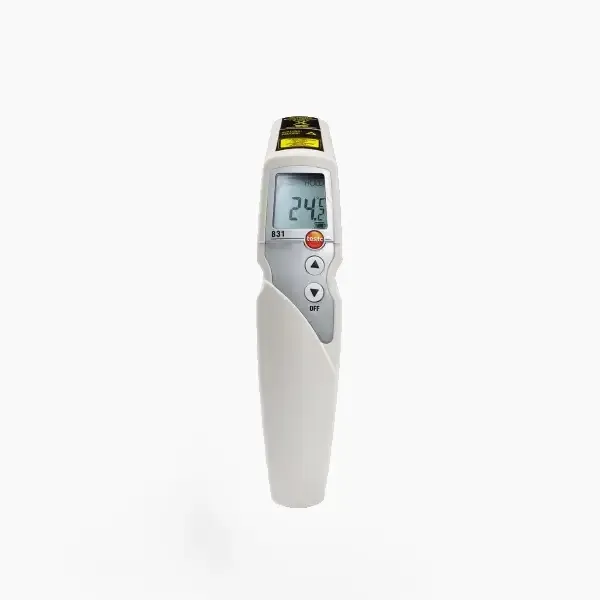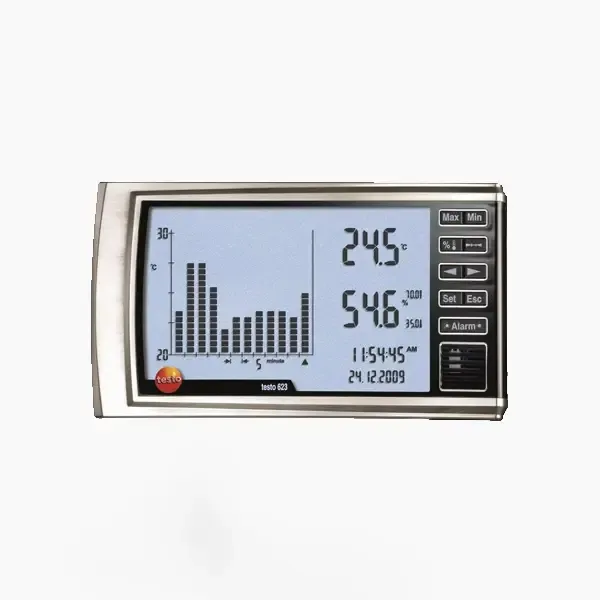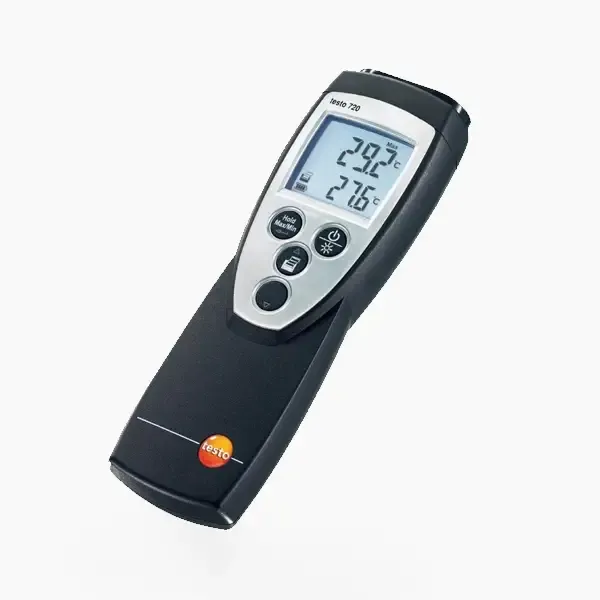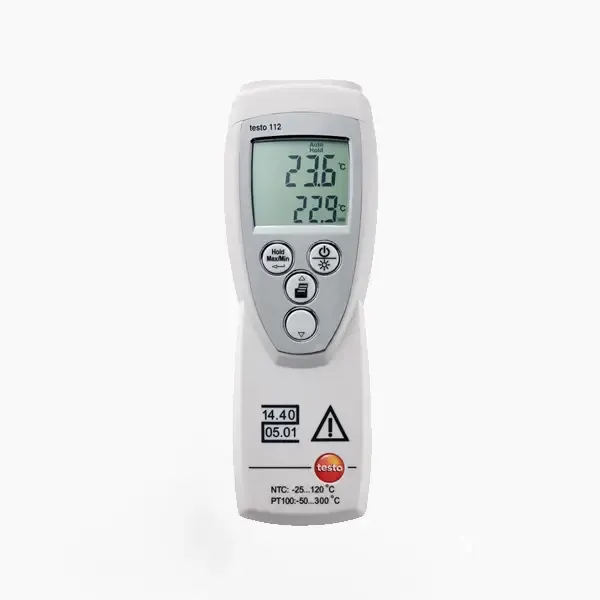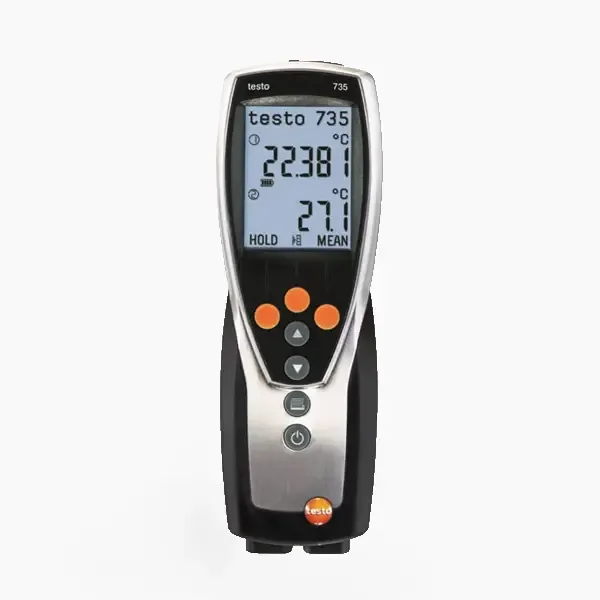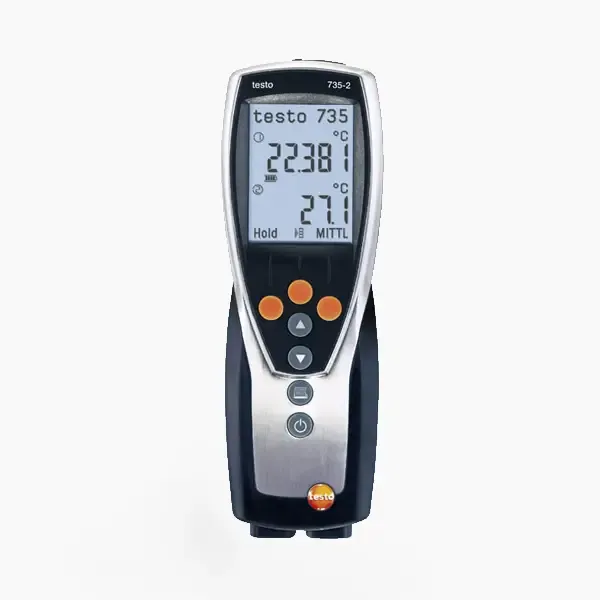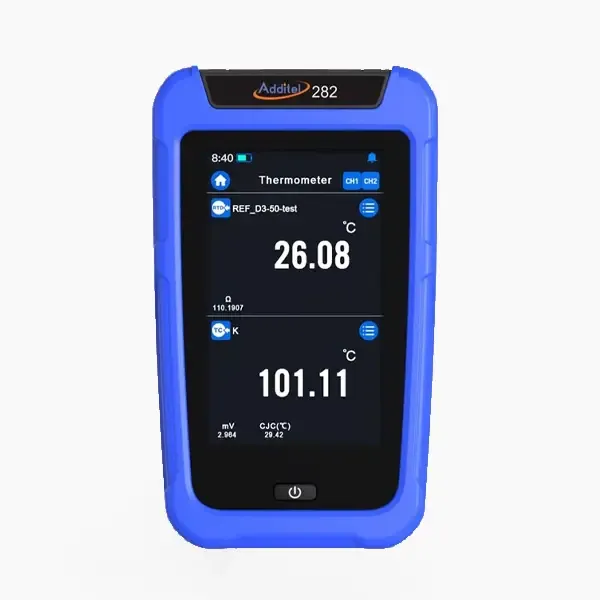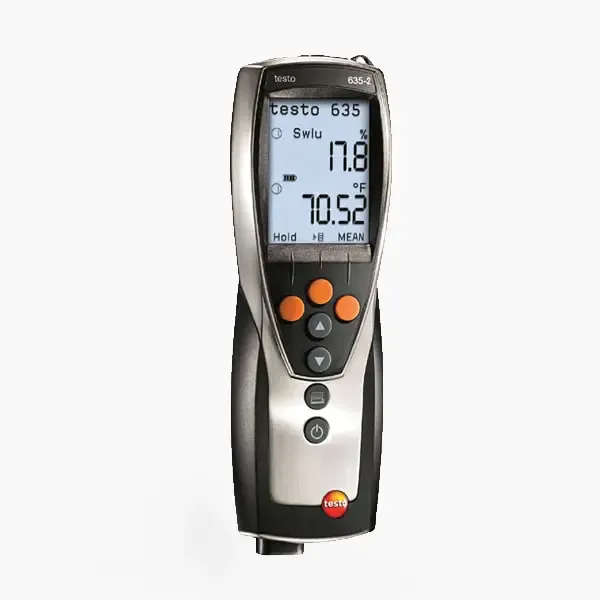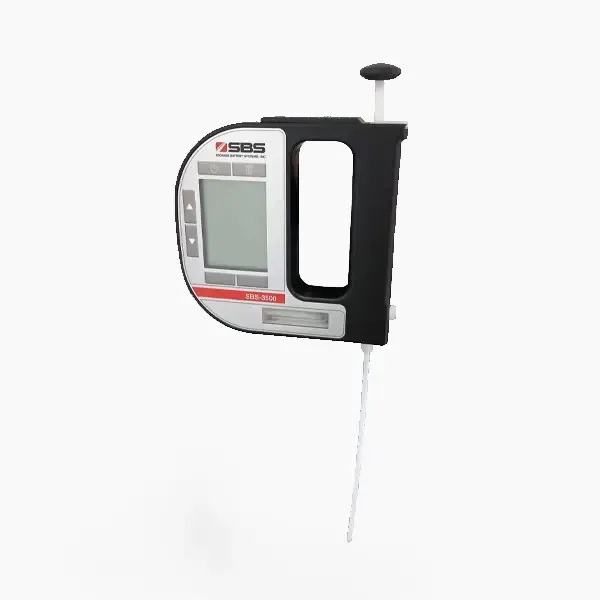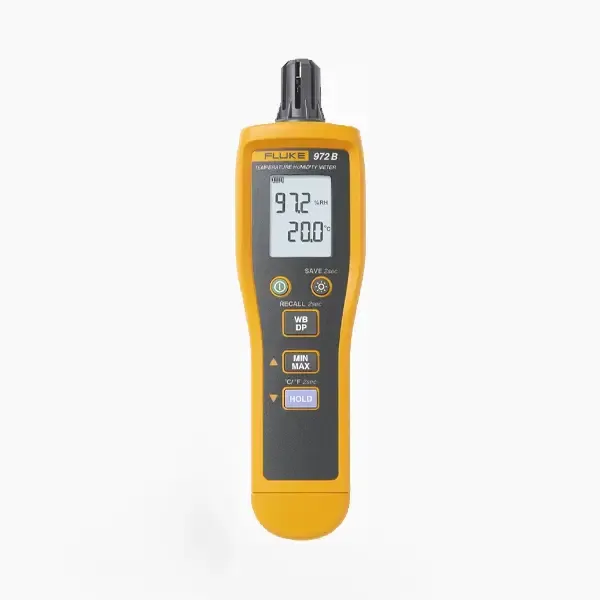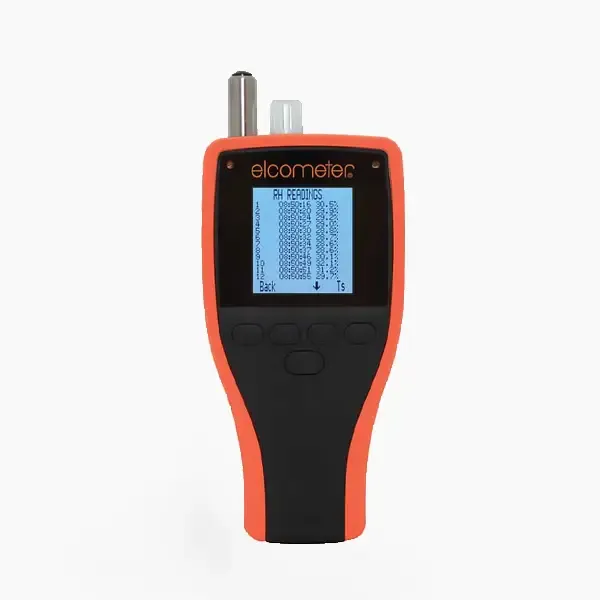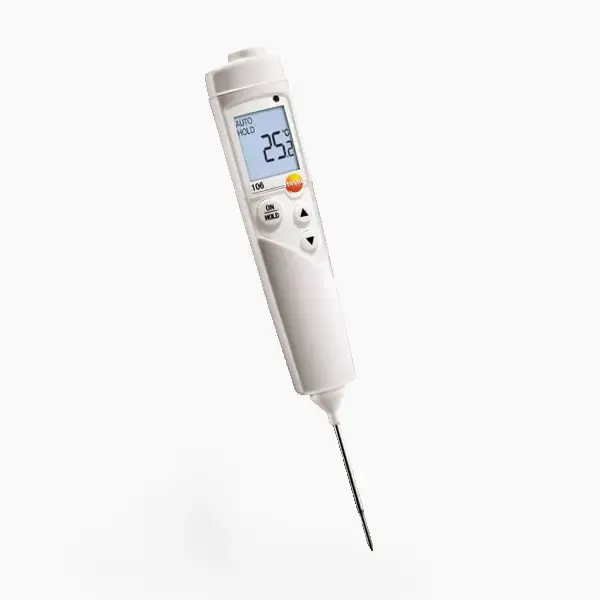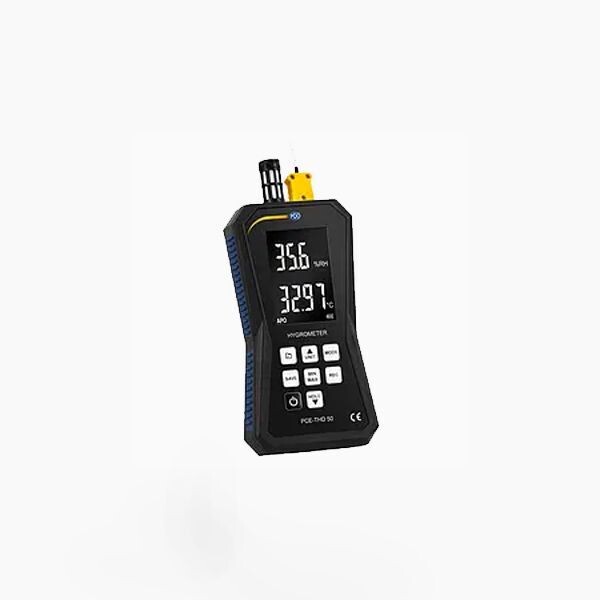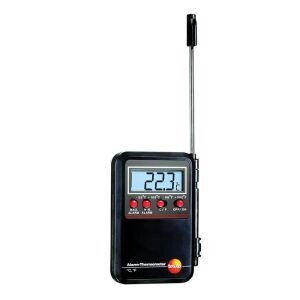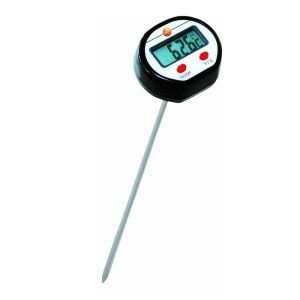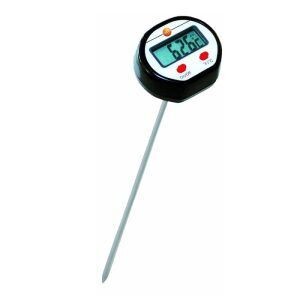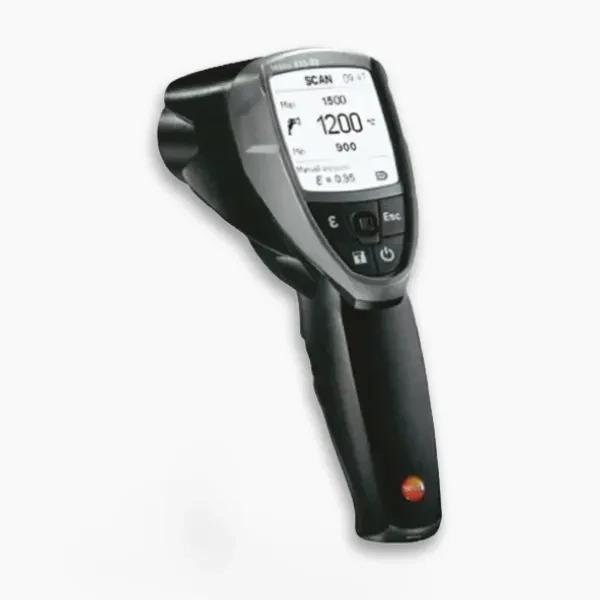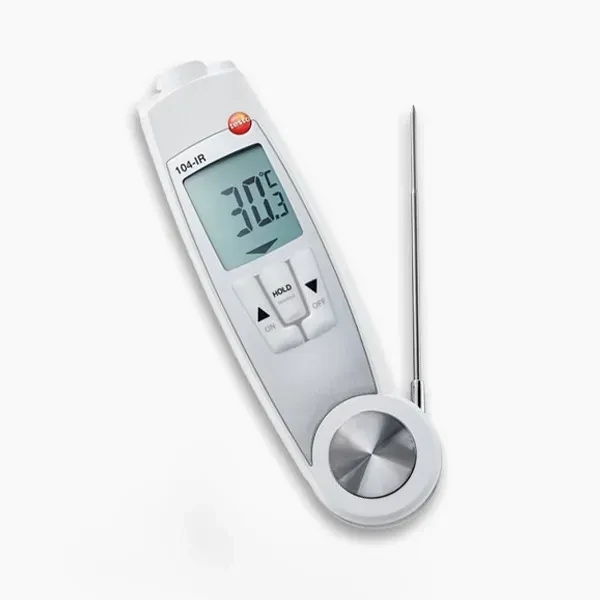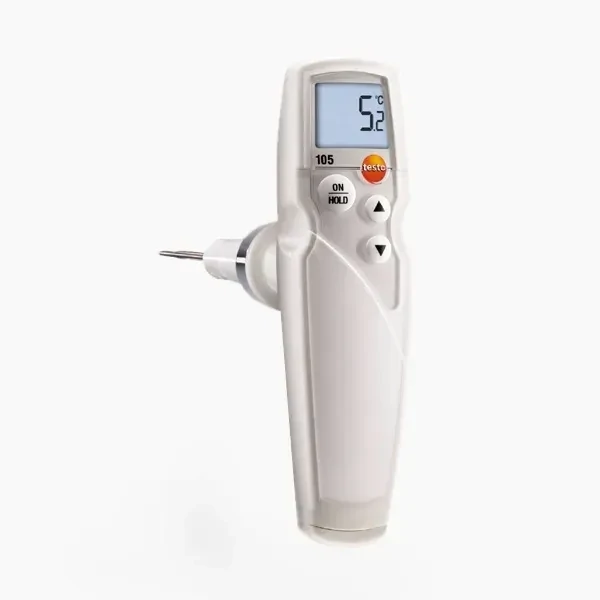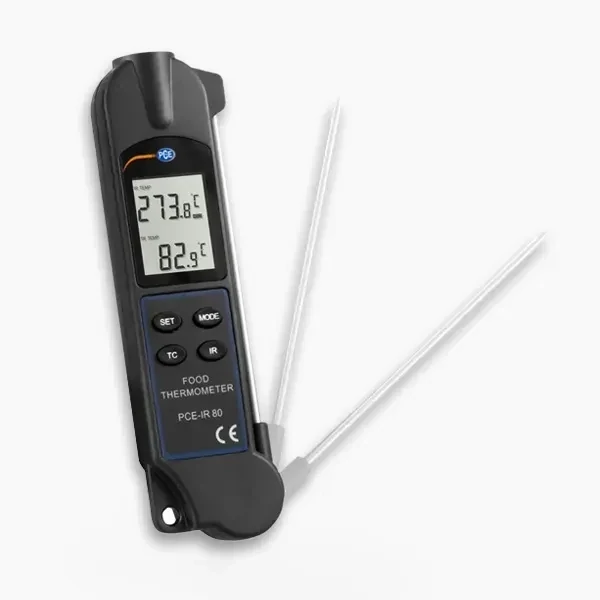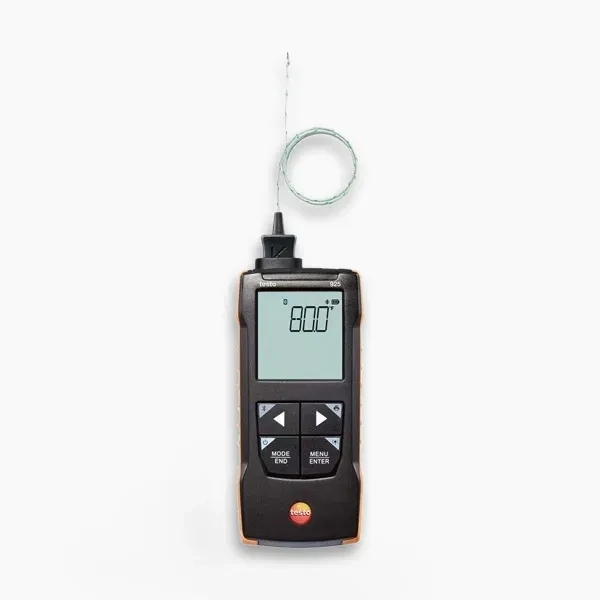Temperature/Thermometers
Temperature and Thermometers: Exploring the Basics
Temperature is a fundamental physical quantity that influences various aspects of our lives, from weather forecasting to cooking. Thermometers, the devices used to measure temperature, come in various forms and have diverse applications. In this article, we will delve into the basics of temperature, how thermometers work, different types of thermometers, and their wide-ranging applications.
Understanding Temperature
Temperature is a measure of the average kinetic energy of the particles in a substance. In simpler terms, it tells us how hot or cold something is. Temperature is typically measured in degrees Celsius (°C) or degrees Fahrenheit (°F) in everyday use.
How Thermometers Work
Thermometers operate on the principle that substances expand or contract with temperature changes. When the temperature rises, the substance inside the thermometer expands, causing a change in volume that is then calibrated to a temperature reading.
Read More
Types of Thermometers
There are several types of thermometers, each designed for specific applications and based on various principles:
1. Mercury-in-Glass Thermometers:
- These traditional thermometers use a column of mercury in a glass tube. The mercury expands or contracts with temperature changes, causing it to rise or fall in the tube. These thermometers are known for their accuracy and were widely used in the past.
2. Digital Thermometers:
- Digital thermometers use electronic sensors to measure temperature and display it digitally. They are commonly found in medical applications and are known for their speed and accuracy.
3. Infrared Thermometers (Laser Thermometers):
- Infrared thermometers measure temperature by detecting the infrared radiation emitted by an object. They are non-contact devices and are used in various fields, including industrial maintenance, food safety, and medical applications.
4. Thermocouples:
- Thermocouples consist of two different metal wires connected at one end. When the junction is exposed to a temperature change, it generates a voltage that can be measured to determine the temperature. Thermocouples are known for their versatility and are used in a wide range of industries.
5. Resistance Temperature Detectors (RTDs):
- RTDs are temperature sensors made of pure platinum wire. They rely on the resistance change of the platinum wire with temperature variations. RTDs are highly accurate and are used in precise scientific and industrial applications.
6. Bimetallic Thermometers:
- Bimetallic thermometers consist of two different metals bonded together. As the temperature changes, the metals expand or contract at different rates, causing the thermometer's pointer to move. They are often used in industrial settings.
Applications of Thermometers
Thermometers find applications in various fields:
- Medical: Thermometers are used to measure body temperature, which is crucial for diagnosing illnesses and monitoring health.
- Meteorology: Weather forecasting relies on temperature measurements to predict weather conditions accurately.
- Food Industry: Ensuring food safety by monitoring cooking and storage temperatures.
- Industrial Processes: Temperature control is critical in chemical, manufacturing, and other industrial processes to maintain product quality and safety.
- HVAC Systems: Thermometers play a vital role in heating, ventilation, and air conditioning systems to maintain comfort and efficiency.
- Research and Science: Scientific experiments and research often require precise temperature measurements for accurate results.
- Environmental Monitoring: Monitoring temperature is essential in environmental studies and climate research.
Subscribe to our
newsletter
Contact Us
We will get back to you as soon as possible.
Please try again later.
Categories
Contact info
00971 (04) 447 6031
Deira Creek, Radisson Blu Hotel, Plaza Bldg, 4th , 403 - Dubai UAE




